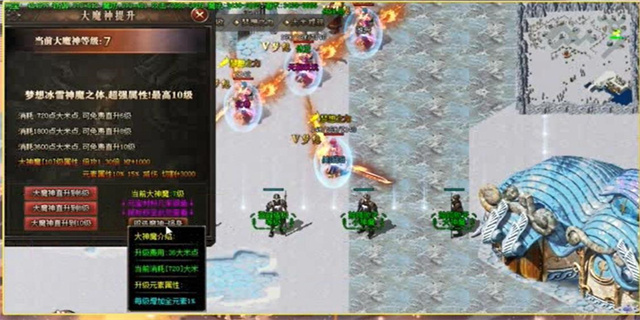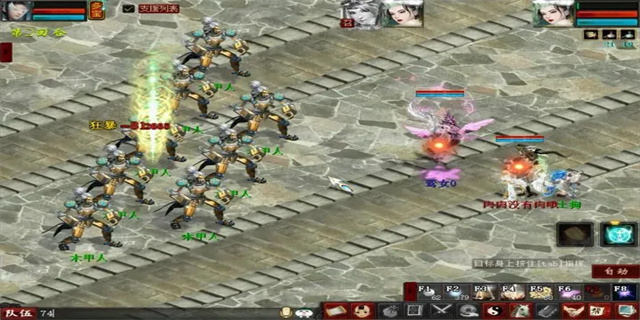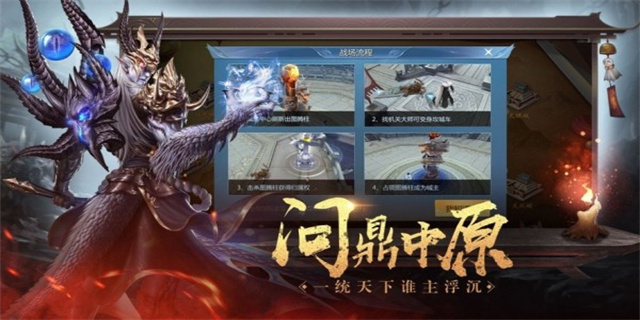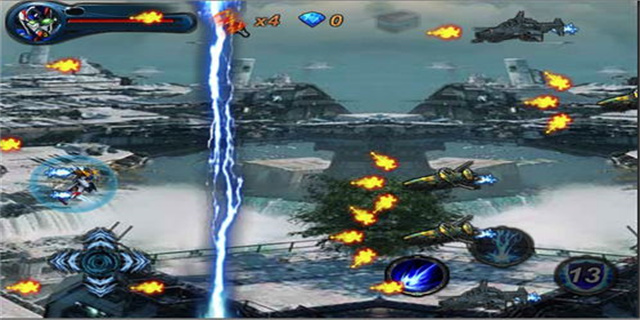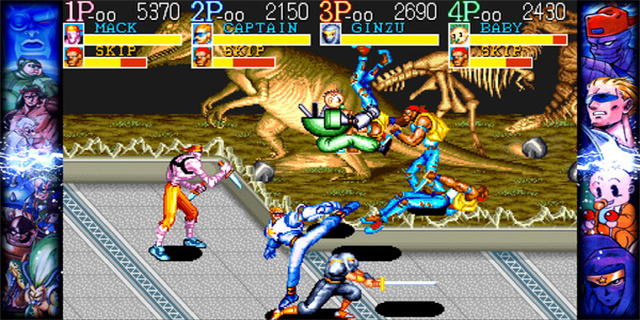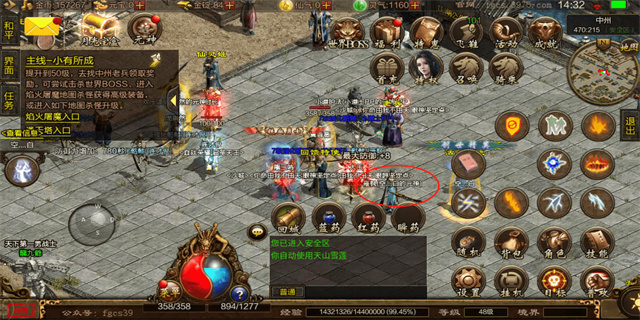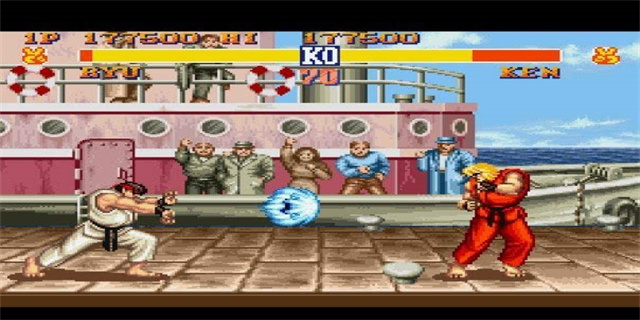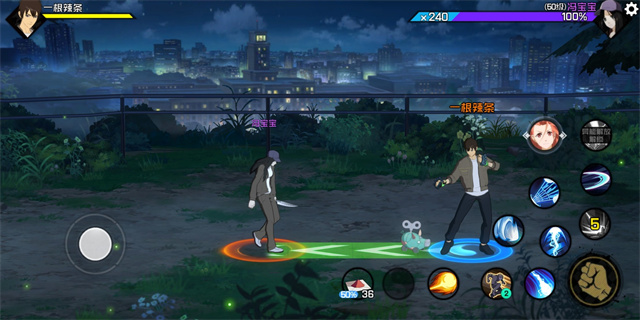world war(The Global Conflict World War I)
The Global Conflict: World War I
The early 20th century saw the emergence of conflicts that shook the entire world. Among the most devastating was the First World War, which lasted from 1914 to 1918. The war featured tremendous destruction, loss of life and suffering on a scale never seen before. This article delves into the causes, impact, and aftermath of the war.
The Causes of World War I
The origins of World War I can be traced back to several underlying causes. Firstly, the competition for colonies and territories, which brought about tensions among European powers. This race for dominance was exacerbated by the arms race, with nations building up and modernizing their armies. Secondly, the intricate web of alliances between nations further fuelled tensions. When the assassination of Archduke Ferdinand of Austria-Hungary occurred in 1914, it created a chain reaction of events, where one ally after another was drawn into the war.

Another cause of the war was, the failure of international diplomacy. The major powers of Europe failed to resolve their differences and instead chose to pursue militarization. The naval race between Germany and the United Kingdom shows the extent to which maritime supremacy was prized. Ultimately, the failure of leaders to resolve their differences through negotiations and compromise led to conflict.
The Impact of World War I
The First World War had far-reaching social, economic, and political consequences. The war left millions dead, many more injured and traumatized, forever changing the course of history. The aftermath of World War I saw the collapse of empires; old monarchies lost power while the new governments struggled to meet the expectations of their citizens. The map of Europe was redrawn, with new nations emerging and old borders eroded.

Additionally, the war created the conditions for the second world war. Germany, as the principal culprit, was dealt with harshly under the Treaty of Versailles. The reparations imposed on the country were heavy, creating a sense of bitterness and seeking of revenge. Ultimately, the resentment and the desire to regain what was lost exploded into World War II.
The Aftermath of World War I
After the war, the League of Nations was created to maintain international peace and stability. This intergovernmental organization was far from perfect and was unable to prevent the devastating events of World War II. Despite its limitations, the League of Nations became the precursor to the United Nations, which now serves as a global platform for nations to address their differences peacefully.
World War I also saw the rise of new technologies, such as submarines, airplanes, and tanks, which became essential to warfare. These advancements would later be refined and used in the second world war, as well as in the conflicts that followed. Additionally, World War I stimulated numerous social changes, including women's rights, emancipation, and the right to vote.
In conclusion, World War I was a catastrophic event that changed the world forever. The immense destruction, loss of life, and social upheaval were a turning point in history. The war's impact is still being felt today, and it serves as a cautionary tale of what can happen when international diplomacy fails, and nations choose conflict over compromise.
Exploring the World Through International Friends Introducti
2023-12-28The Global Conflict: World War I The early 20th century saw
2023-12-28






